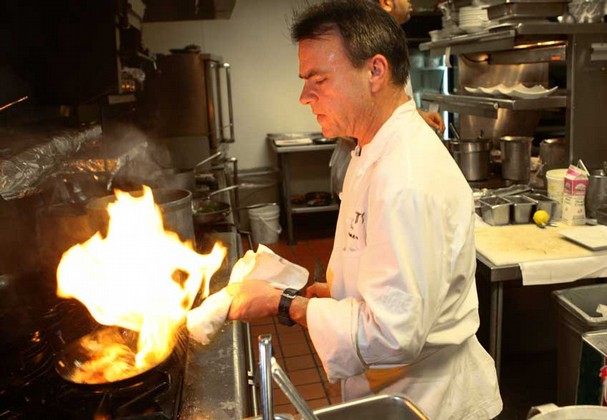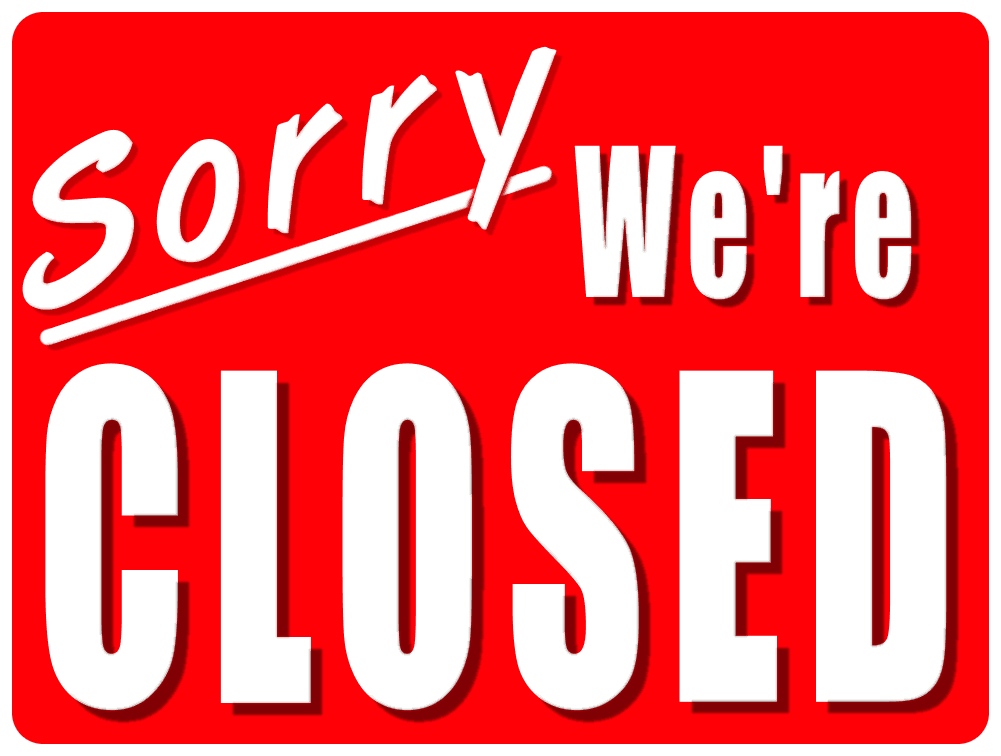What a cop-out.
After the tragic death of Nathan, 5, and his sister, Chelsea, 7, in connection with home-delivered Chinese food in June, the importance of food safety should have come into sharp focus for restaurateurs in Dubai.
On the off-chance that restaurant owners didn’t catch the news, the Dubai Municipality stepped up restaurant inspections and conducted a food safety awareness campaign under the banner "Food Safety is our Priority."

Establishments like Kempinski Hotel in Mall of the Emirates were given the opportunity to demonstrate to customers that food safety was indeed a priority.
Instead, as Gulf News reports,
“Hotel Kempinski in Mall of the Emirates is getting its customers to sign a disclaimer note stating that its restaurants would not be responsible for the quality of food once it is taken out of their premises.”
The disclaimer reads,
"Please note that the Kempinski Hotel Mall of the Emirates takes no responsibility whatsoever for any food or beverage bought from the hotel or any outlets of the hotel for personal consumption.
"This is due to the fact that the Kempinski Hotel Mall of the Emirates has no more control or any way of ascertaining the safety and hygienic condition of this food and beverage once outside the premises. Please sign the waiver below to indicate your acceptance of the terms stipulated.
"Otherwise the hotel is unable to permit any food or beverage to be purchased."
The establishment’s haughty and self-serving culture is absolutely disgusting and leaves me with very little faith in the safety of its food.
 Another outlet, Calicut Paragon in Karama, invested their resources in stickers for take-out bags that advise consumers to eat their food within two hours of purchase—a step that suggests a shared responsibility for the safety of food and that I find a little more palatable.
Another outlet, Calicut Paragon in Karama, invested their resources in stickers for take-out bags that advise consumers to eat their food within two hours of purchase—a step that suggests a shared responsibility for the safety of food and that I find a little more palatable.
I agree with this guy:
"I think it is completely unethical to make customers sign disclaimers like that. It is good to safeguard the business, but not at the cost of displeasing customers," said Ronald D’Souza, operations manager at Sofra Worldwide – a firm that owns restaurant chains like Gelato, NaanPlus and Uno Chicago Grill.
"From your side, you have to ensure that quality and hygiene standards are maintained at the highest levels. But as we are in the business of food, there is an element of risk that you must take," D’Souza said.
Kempinski Hotel should step up to the plate and recognize that selling microbiologically safe food is a good way to protect your business, and showing a commitment to food safety is a good way to promote it.
 August 2009 after the deaths of two young siblings who ate spoiled takeaway food in Al Qusais.
August 2009 after the deaths of two young siblings who ate spoiled takeaway food in Al Qusais.
 use smiley faces).
use smiley faces)..jpg) Mr al Reyaysa further noted the restaurants closed were “fraught with potential danger to the health of the consumers”, such as kitchens infested with insects, improper drainage systems and waste disposal, and mixing meat and fruits.
Mr al Reyaysa further noted the restaurants closed were “fraught with potential danger to the health of the consumers”, such as kitchens infested with insects, improper drainage systems and waste disposal, and mixing meat and fruits.
 Another outlet, Calicut Paragon in Karama, invested their resources in stickers for take-out bags that advise consumers to eat their food within two hours of purchase—a step that suggests a shared responsibility for the safety of food and that I find a little more palatable.
Another outlet, Calicut Paragon in Karama, invested their resources in stickers for take-out bags that advise consumers to eat their food within two hours of purchase—a step that suggests a shared responsibility for the safety of food and that I find a little more palatable.